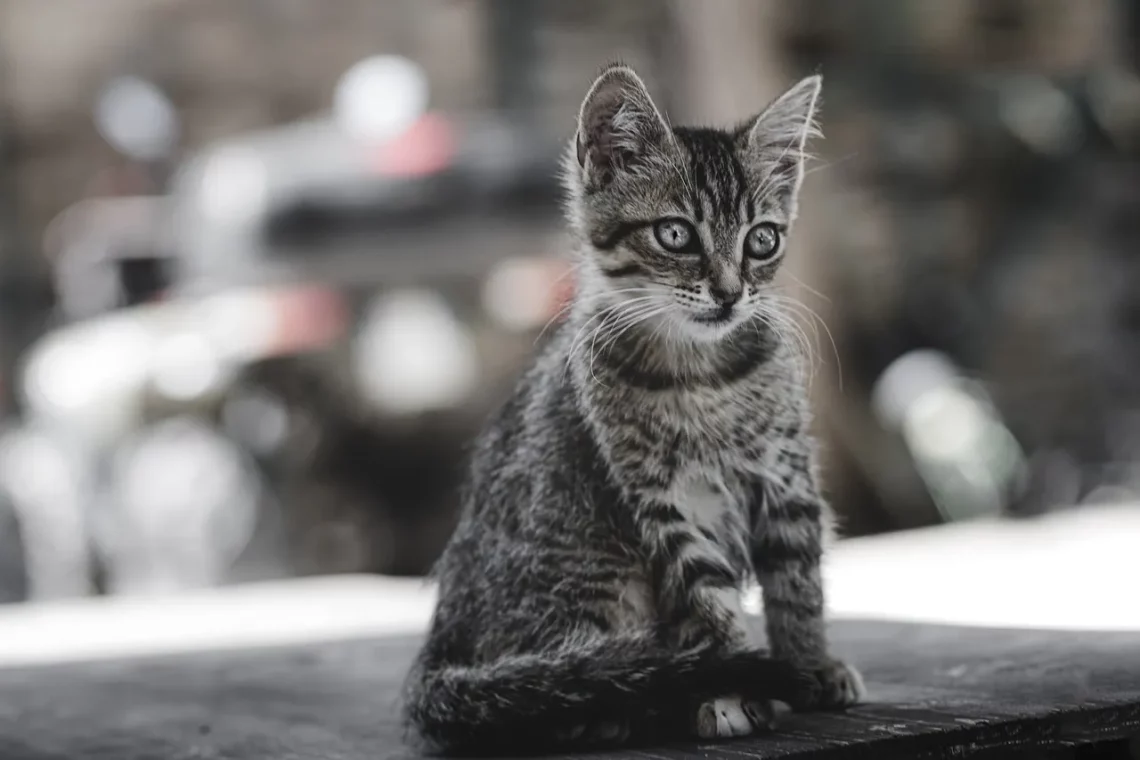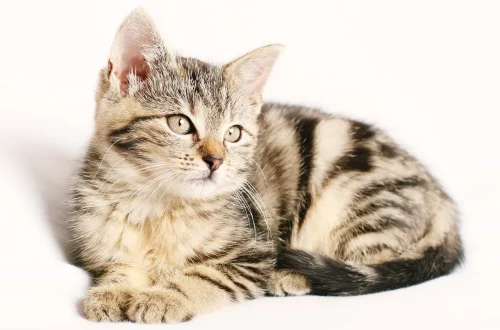
Adorable Ginger Tabby Kittens: Your Guide to Caring for Them
Bringing a new kitten into your home can be one of the most delightful experiences for any animal lover. Among the myriad of feline personalities, ginger tabby kittens hold a special place in many hearts. With their striking reddish-orange coats and unique tabby markings, these little furballs are not only adorable but also full of energy, curiosity, and affection. As they bounce around, exploring their new environment, they can bring joy and companionship to any household.
Ginger tabby kittens are known for their playful nature and charming antics. Their vibrant personalities make them excellent companions for families, singles, and seniors alike. However, along with the joy of having a new pet comes the responsibility of ensuring their health, happiness, and well-being. It’s essential to understand their specific needs, from nutrition and socialization to grooming and health care. Whether you’re a first-time kitten owner or adding to your feline family, understanding how to care for your ginger tabby will set the foundation for a loving and long-lasting relationship.
Now, let’s dive into the essential aspects of caring for these delightful kittens.
Understanding the Ginger Tabby Personality
Ginger tabby kittens possess a unique blend of characteristics that make them stand out among other breeds. Their personalities are often described as affectionate, playful, and sociable. Typically, these kittens are very interactive, enjoying playtime and human companionship. As they grow, their playful nature can lead to endless entertainment, but it’s crucial to channel their energy appropriately.
One of the most striking traits of ginger tabby kittens is their intelligence. They are quick learners, which makes training them a rewarding experience. Simple commands, litter training, and even tricks can be taught with patience and consistency. Engaging them in interactive play not only helps with their physical development but also stimulates their minds. Toys that mimic prey, such as feather wands or laser pointers, can keep them occupied and mentally sharp.
Socialization is another vital component of their personality development. Early interactions with humans and other pets can help your ginger tabby grow into a well-adjusted adult cat. Gradually introducing them to new environments, sounds, and experiences will build their confidence and reduce the likelihood of anxiety in unfamiliar situations. Remember that each kitten is an individual; some may be more outgoing, while others may take a little longer to warm up.
These kittens are also known for their loyalty and affection towards their human companions. They often seek out attention and love to curl up in your lap or follow you around the house. This bond can be incredibly rewarding, as ginger tabbies are known to form strong attachments to their owners. Understanding these personality traits will help you create a nurturing environment that allows your ginger tabby to thrive.
Essential Nutrition for Your Ginger Tabby
Providing the right nutrition for your ginger tabby kitten is crucial for their growth and overall health. Kittens have specific dietary needs that differ from adult cats, as they require a higher calorie intake to support their rapid growth and energetic lifestyle. Choosing a high-quality kitten food that is rich in protein and essential nutrients is essential.
When selecting food, look for options that list real meat as the first ingredient. Chicken, turkey, or fish are excellent protein sources that support muscle development. Additionally, kitten food should contain essential fatty acids, vitamins, and minerals to ensure healthy growth and development. Omega-3 and omega-6 fatty acids, for example, promote healthy skin and coat, which is vital for the striking appearance of your ginger tabby.
It’s also important to provide fresh water at all times. Dehydration can lead to serious health issues, so ensuring your kitten has access to clean water is crucial. Some kittens may prefer drinking from a fountain, as the running water can be more appealing than a stagnant bowl.
As your kitten grows, you can gradually transition them to adult cat food, typically around one year of age. However, it’s essential to consult with your veterinarian to determine the best timing and type of food for your specific kitten. Regular check-ups will help monitor their weight and overall health, allowing you to make any necessary adjustments to their diet.
Be cautious with treats and human food, as some items can be harmful to cats. Always stick to treats that are specifically formulated for felines and remember to offer them in moderation. A balanced diet will ensure your ginger tabby grows into a happy and healthy adult cat.
Creating a Safe and Stimulating Environment
A safe and enriching environment is essential for your ginger tabby kitten’s well-being. As natural explorers, kittens are curious and love to investigate their surroundings. To create a stimulating environment, consider providing various toys and activities that encourage play and exploration.
Interactive toys, such as puzzle feeders or toys that mimic prey, can keep your kitten entertained for hours. Scratching posts and climbing structures are also important, as they satisfy your kitten’s instinct to climb and scratch. Not only do these items help keep your furniture safe, but they also provide an outlet for your kitten’s energy.
Additionally, ensure that your home is kitten-proofed. This includes removing any hazardous items, such as small objects that could be swallowed, toxic plants, or electrical cords that could pose a danger. Creating a designated safe space for your kitten can help them feel secure while they adjust to their new home.
Consider introducing your kitten to different textures and surfaces. Providing various types of bedding, scratching materials, and even safe outdoor experiences (like a supervised outing in a secure area or a catio) can contribute to their overall development.
Social interaction is equally important. Spend quality time playing with your ginger tabby, and consider introducing them to other pets gradually. Fostering positive relationships with both humans and animals will help them develop confidence and reduce stress.
Health Care and Regular Check-Ups
Maintaining your ginger tabby’s health is crucial for their well-being. Regular veterinary check-ups are essential for monitoring their growth and addressing any potential health concerns. Your veterinarian will provide vaccinations, deworming, and spaying or neutering advice, all of which are important aspects of responsible pet ownership.
It’s also essential to be aware of common health issues that can affect kittens. Ginger tabbies, like all cats, can be prone to certain genetic conditions. Regular health screenings can help catch any issues early on, allowing for prompt treatment and management.
Proper dental care is often overlooked but is crucial for your kitten’s long-term health. Start brushing their teeth early to get them used to the process. There are specific dental products designed for kittens that can help maintain oral hygiene and prevent dental disease.
Pay attention to your kitten’s behavior, appetite, and litter box habits. Sudden changes in these areas can indicate health problems. If you notice any concerning signs, such as lethargy, vomiting, or changes in eating or drinking habits, consult your veterinarian promptly.
As your ginger tabby matures, routine care should include regular grooming, especially as they transition into adulthood. Brushing their coat can help reduce shedding and prevent matting, while also allowing you to check for any skin issues or parasites.
In conclusion, caring for your adorable ginger tabby kitten involves understanding their unique personality, providing appropriate nutrition, creating a stimulating environment, and ensuring regular health care. By following these guidelines, you can foster a loving relationship with your feline companion and enjoy many happy years together.
*Note: This article is not a substitute for professional veterinary advice. Always consult a veterinarian for health-related issues.*




